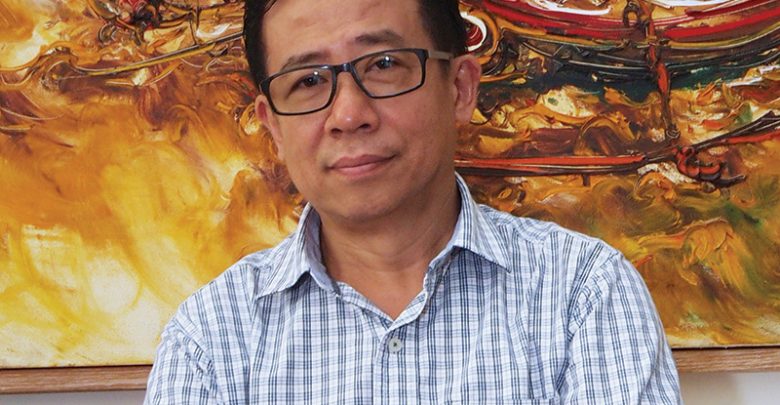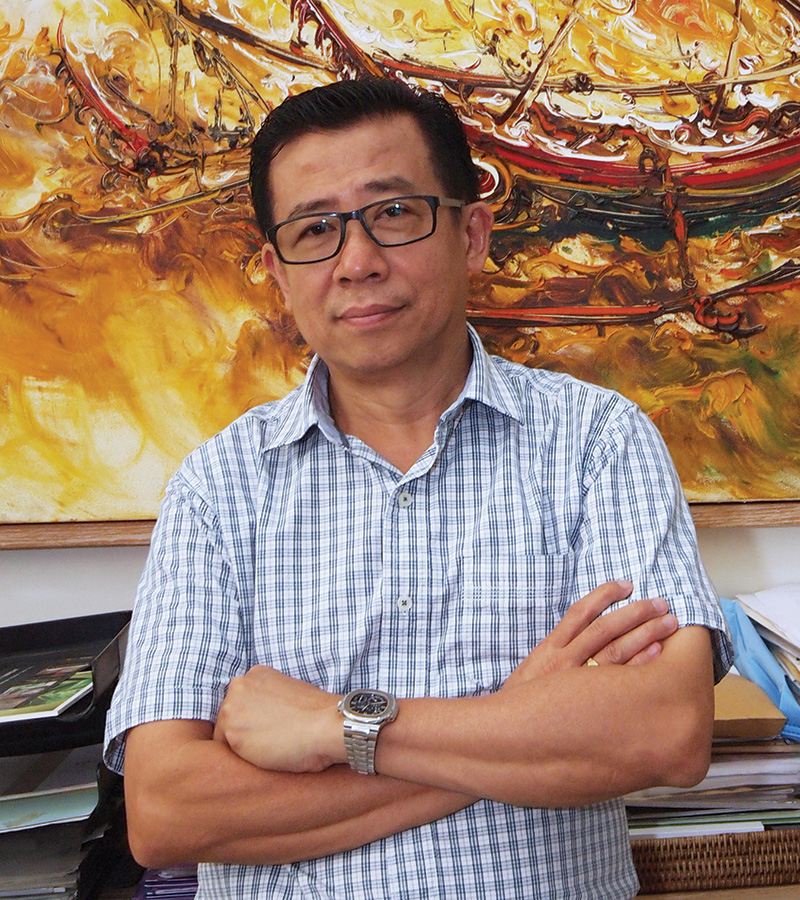Indonesia: Keep Innovating To Capture Momentum


Director of PT Philnesia International Ir. Rudy T. Luwia said 2020 was an extraordinary year. The rapidly spreading Covid-19 Pademic has had an impact globally. “Everything, both the domestic and export markets, has had a tremendous impact. All in the same whirlwind but not in the same boat, “he said. He sees that not all businesses experience the same impact. “There are things that can grow well during this crisis,” he continued.
According to the central board of the Indonesian Furniture and Handicraft Industry Association (Asmindo), some of the Indonesian furniture industry is actually able to reap profits today. The strength of the national furniture industry lies in the diversity of products, abundant resources, ownership of legal verification certificates for wood as raw material independently. “The potential for skilled young workers is large but has not been optimized,” he said. Meanwhile, easy, cheap and stable access to raw materials is a major drawback. He refers to rattan.
Indonesia is the main rattan producer in the world with a share of 80% but this material is rare to find in the rattan handicraft center in Cirebon. “Even though orders are currently increasing and growing by double digits, raw materials are scarce. This is a classic problem that continues to be repeated and has never been resolved, ”he said. Another disadvantage is that it is done a lot manually so that productivity is low. This happens because of limited capital.
Another weakness is that the supporting or supporting materials still rely on imports. According to him, this material chain is very long, starting from importers to shops or retail outlets. “This condition is very unfavourable to small and medium industries. “It takes extraordinary changes to be able to complete it, but after that extraordinary movements must be followed,” he said without elaborating.
There are many opportunities that can be used at this time. He glanced at the e-Commerce platform. This platform is very tempting because it gives double digit growth, “While other sectors are not performing well at the same time,” he said.
He also sees the national furniture industry for the time to exploit the domestic market properly. “For exporters, it’s better to work on the domestic market well during the pandemic. The domestic market must be the main focus at this time to be able to protect the national industry, “he said. Rudy also looked at the potential of the domestic middle and upper market segments. “It needs to be driven as a locomotive for current growth but deregulation is needed to revitalize the domestic economy,” he continued. That is why he advised to facilitate the disbursement of consumer credit in order to encourage people to invest in the domestic market.
He suggested growing small and medium industries. According to him, the number of actions that have been taken has had less impact. “Some of them have even hindered them, even though the situation is urgent,” he said.
Another open opportunity is to take advantage of the trend of natural products such as rattan and water hyacinth. However, as he mentioned, the availability of rattan raw materials that is easy, cheap and consistent is currently a problem. Even though this natural material is popular in the world because of its low energy and environmentally friendly utilization. Rudy insisted on simplifying export regulations. “Do not let the rules above have been simplified, the implementing rules under it are actually a contradiction,” he said. “It needs synchronization,” he said.
The biggest threat factor is competition with China and other ASEAN furniture exporters such as Vietnam and Malaysia. Weaknesses in the legal regulation of Intellectual Property Rights will also remain a stumbling block if not strengthened. The dominance of imports of supporting raw materials will also be a weak point for the national furniture industry. This is still dimmed by the lack of managerial personnel at that time. “What happened was hijacking fellow domestic industries,” he said.
Rudy concluded that the future of the furniture industry will remain prospective because there will be more and more growing demands at the global level, especially home furnishing. The pandemic has changed the lifestyle of the world’s people to focus and prioritize their personal space, which has been neglected so far.
If you survive the current pandemic, the furniture industry has the potential to grow in the period after. For this reason, Indonesia must continue to invest in capturing the momentum that exists both in the domestic market and in the export market. “How to cover up these weaknesses while continuing to innovate,” he said.
“Raw materials and supporting materials play a very important role in global competition, in addition to labor costs,” he said. According to him, the percentage of raw materials reaches 50% to 60% of production costs so that price stability and availability are needed. “Rattan and water hyacinth can reach production centers at competitive prices.
To increase productivity, the furniture industry needs to invest in production machines with the latest technology. “In order to produce innovative products while being able to compete in the global market,” he said.




